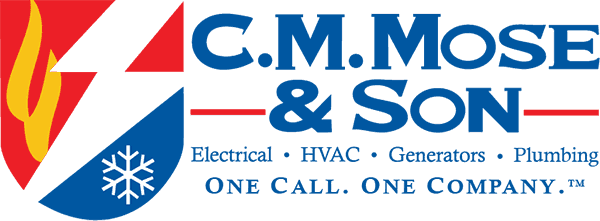The Environmental Protection Agency (EPA) notes that the average American spends 90% of their time inside. Whether it’s working, preparing food, relaxing, or sleeping, we spend a lot of time breathing indoor air. So, it’s important to improve indoor air quality as well as you can. Here we discuss the difference between HEPA and MERV filters and which to choose for your heating ventilation and cooling (HVAC) system.
Related Content: Extend the Life of Your Air Conditioner
Improve Your Air Quality with HEPA Filters
What are HEPA filters? Commonly used in hospital environments (and now expanding to commercial businesses and residential spaces), HEPA filters are High Efficiency Particulate Air filters that eliminate air pollutants as tiny as bacteria and viruses.
HEPA filtered air eliminates 99.97% of contaminants between 0.3 and 1.0 microns. That means they are the most effective at clearing bacteria and virus particles from the air.
How Long Do HEPA Filters Last?
Wondering when to replace your HEPA filter? The best practice is to check the filter every 3-6 months to see if it needs cleaning or replacement. A filter with damage—either from heavy cleaning or natural wear—needs to be replaced to maintain optimal indoor air quality.
What Are MERV Filters?
MERV, which stands for Minimum Efficiency Rating Value, is a scale to measure the effectiveness of air filters. The American Society of Heating, Refrigeration, and Air-Conditioning Engineers (ASHRAE) developed the scale so you can determine if the filter is compatible with your system as well as the extent to which the filter protects you and your family from air pollutants. What are MERV ratings on filters? Here’s what you need to know.
- Filters with a MERV rating are tested by measuring the number of particles before the filter and the number of particles after the filter. This gives the efficiency of the mesh at removing particles from the air. There are MERV filter ratings from 1-16.
- The EPA recommends using an air filters MERV rating of 13, which can reduce 75% or more pollutants the size of bacteria.
- Select the right size and type of filter for your system. You would have to crush a filter that is too large and lose efficiency. A filter that is too small also will let air flow around, carrying pollutant particles.
Air Quality Experts in Kansas City, MO
Air purity is an important part of keeping your home clean. By installing effective filters or adding a portable air purifier, you can breathe easier while the machines clean the air for you.
At C.M. Mose, our team offers excellent air quality services in Kansas City. Simply call us at (816) 339-5190 or request service online to improve the purity of your air.



